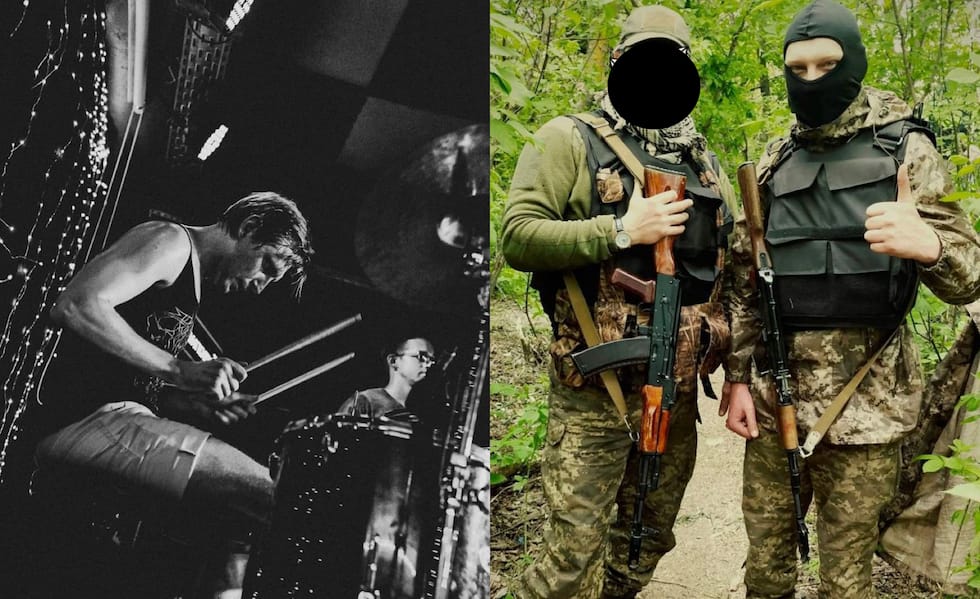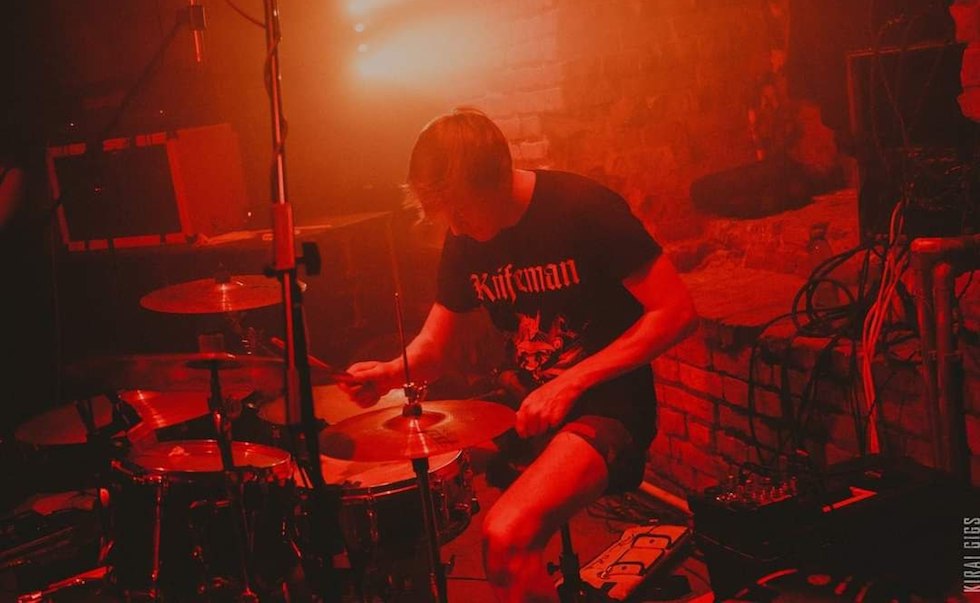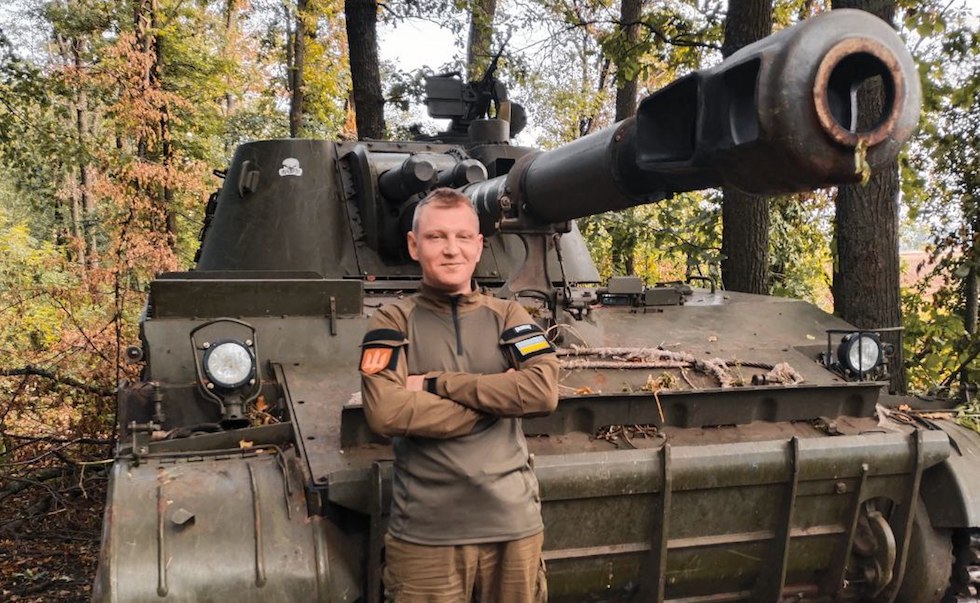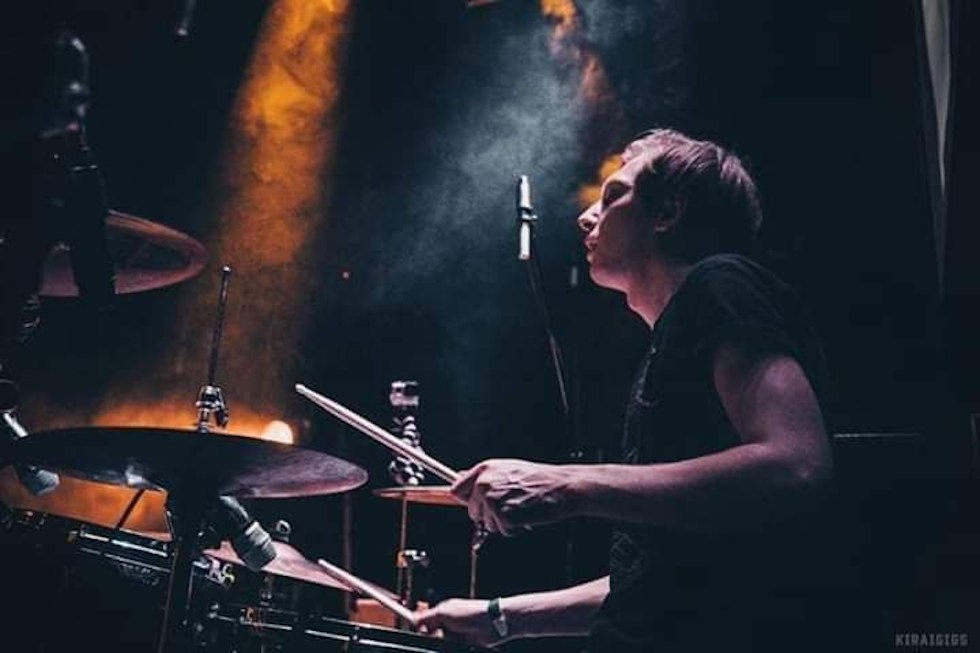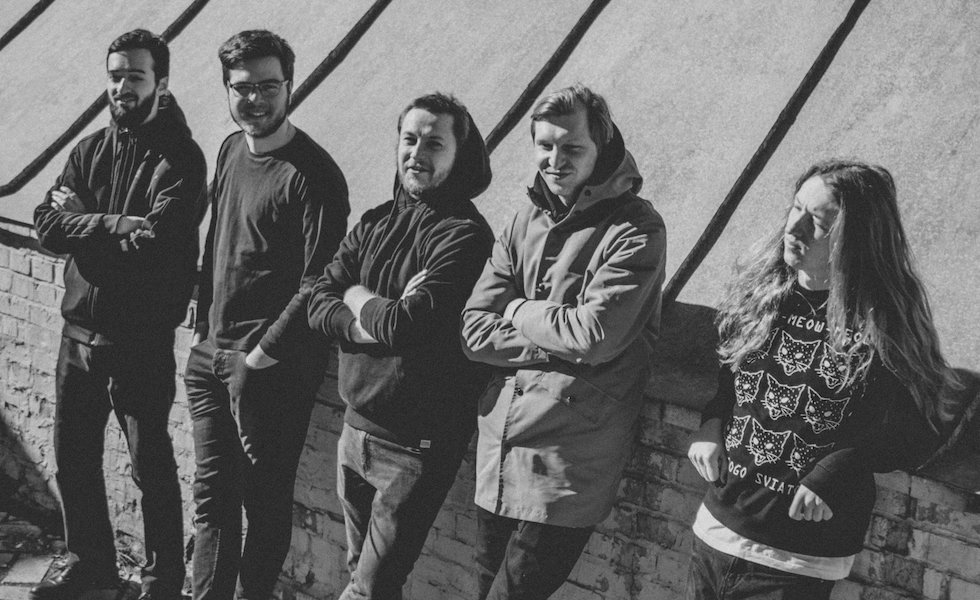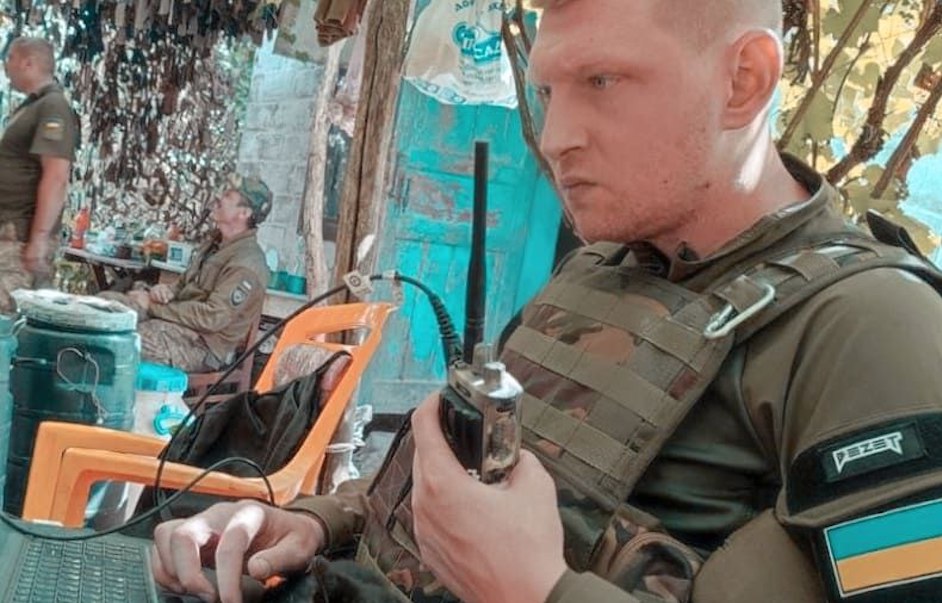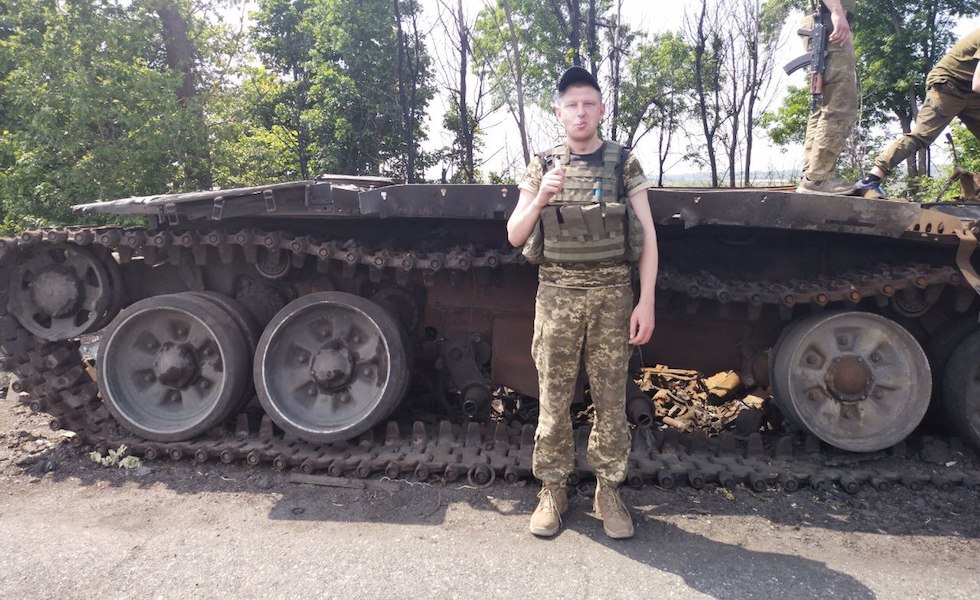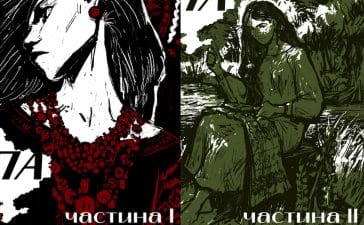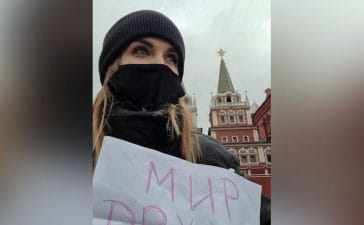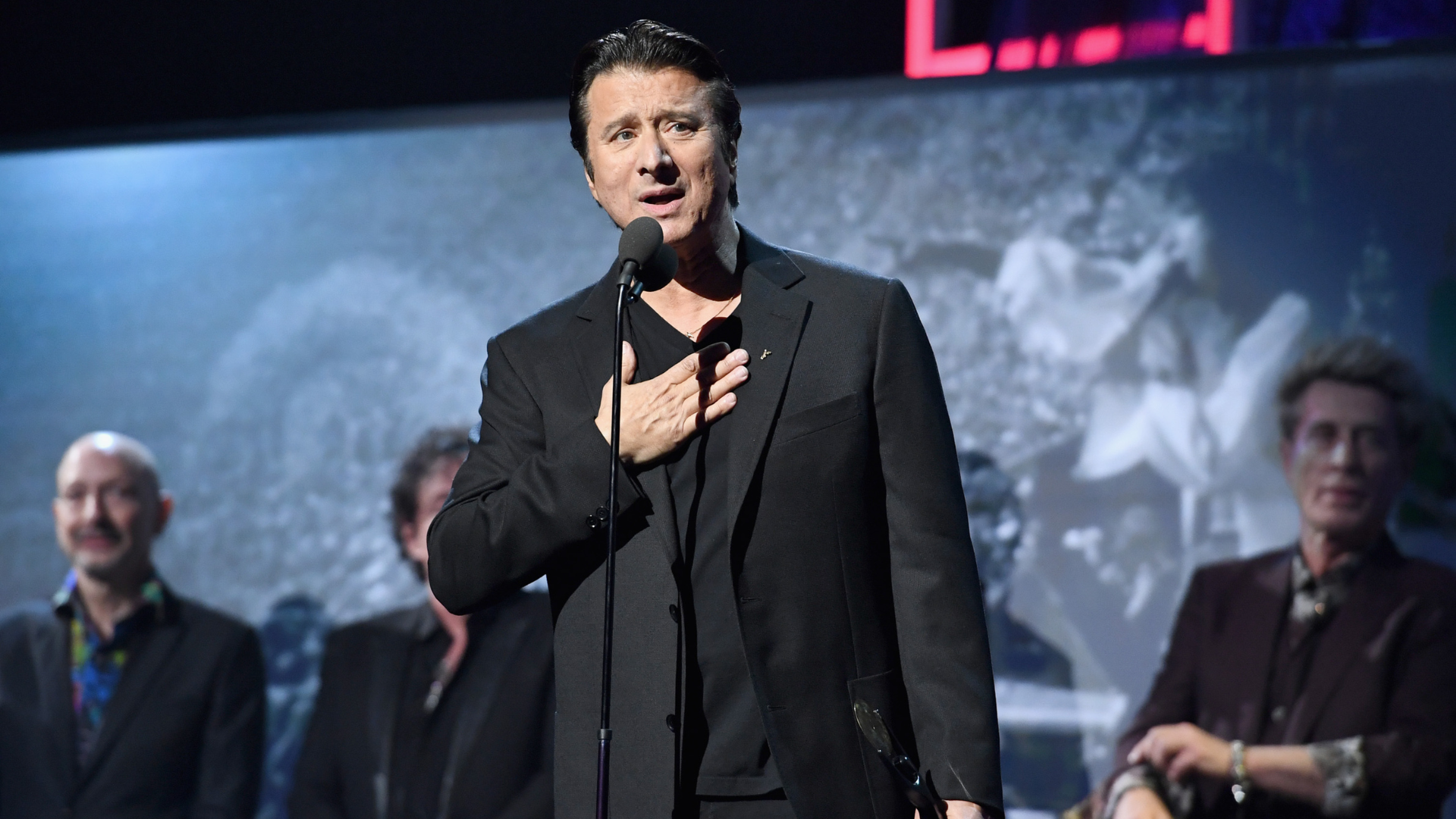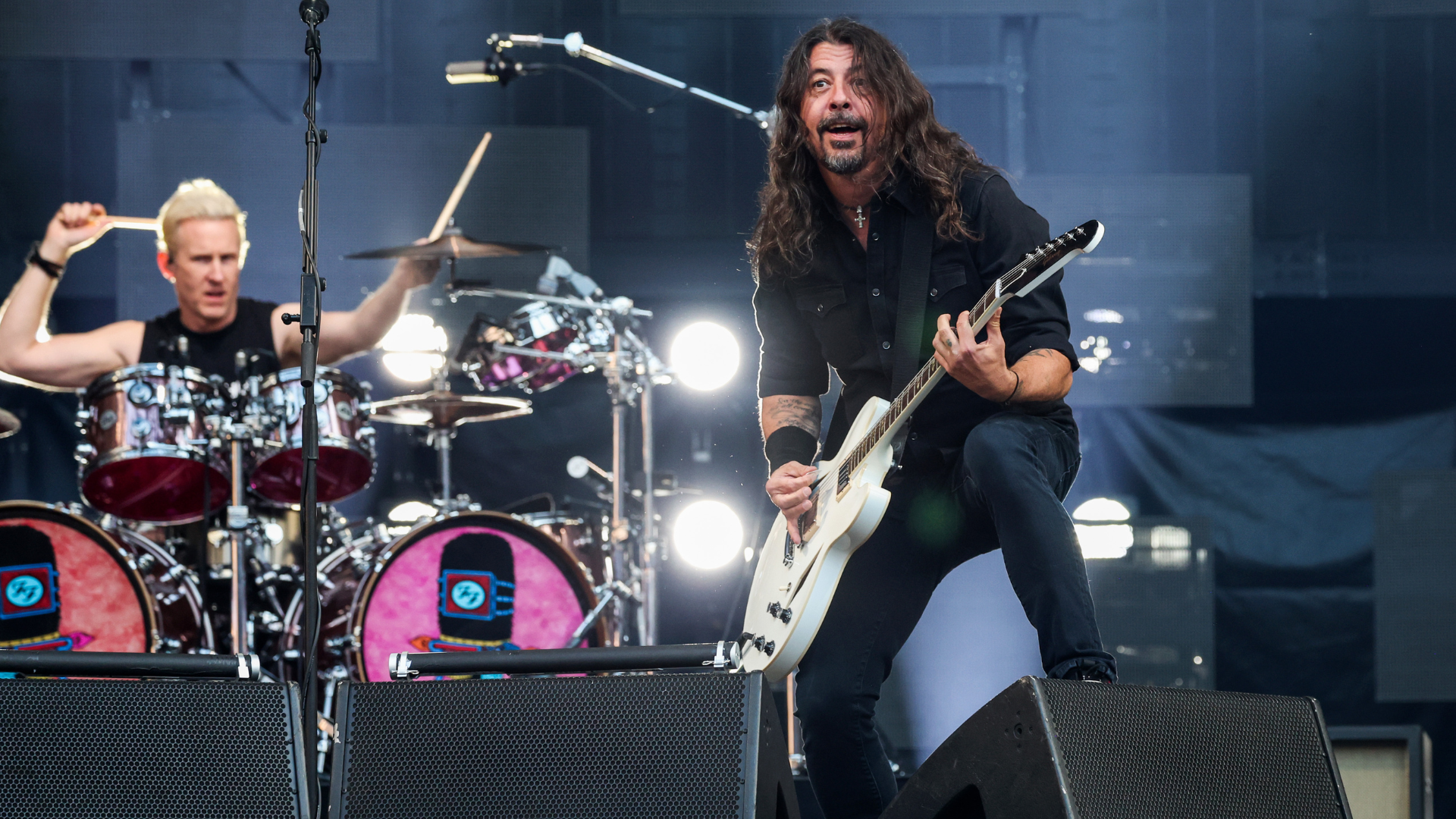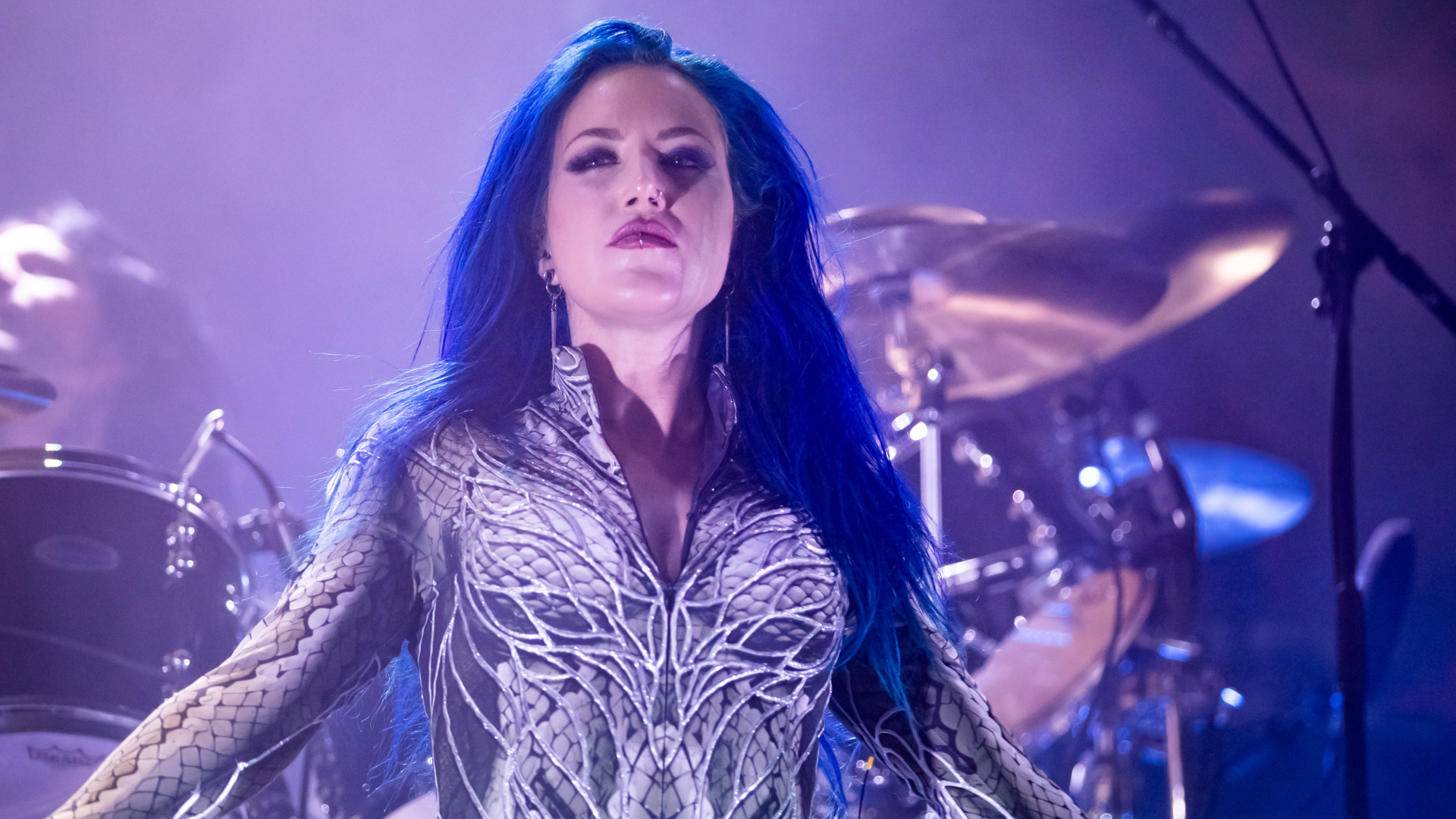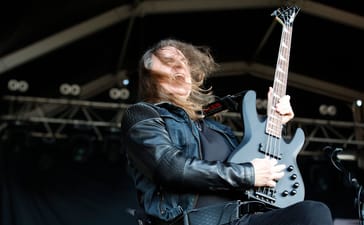The Russian invasion of Ukraine has been going on since February, and it seems everyday that there are new depths found to the stories of misery and suffering coming from the region. However, the same can be said for stories of bravery, many soaring to the status of legend as the Ukrainian people find new and impressive ways to fight back – and so goes the story of Zoanthropy drummer Sasha Semenov, or more accurately, Private First Class Sasha Semenov.
As the drummer for nightmarish post-metal outfit Zoanthropy, Semenov was already equipped to handle a level of intensity not suited for most mortals. With three EPs and change, including their latest onslaught ‘Gust’, the band have given fans just enough to sink their fangs into; but be warned, the songs bite back.
Signing up to the Ukrainian army as the threat of impending war became too real to ignore, Semenov received two months of training before rolling out to the Kharkiv region. About as close to Hell on Earth as it gets, Semenov came to BLUNT from his posting to talk about his journey from artist to warrior.
Where are you from originally, and where are you based now on the frontline?
I was born and raised in Cherkasy, a Central Ukrainian town 180km from Kyiv. Since I was little, I dreamt to live in the capital city, so when the time came to choose a university, I opted for a law school and went to study in Kyiv, where I stayed after graduation and have been living ever since, for fourteen years now.
Regarding my current whereabouts, my unit is based in the Kharkiv region, around the town of Izyum. Interestingly enough, I have some relatives living in the area, so I was really happy to learn we were going to hold the front in this part of the country, as I’d been here plenty of times before the full-scale war.
Tell me what a normal day for you was like before the war, and what a normal day is like for you now...
After five months in the army, it’s quite weird to recall what my normal day in the civilian life was like, as it seems it was in a previous life [laughs]. Back then, in that old life of mine, I had a job, a band, friends and tons of various events and parties to attend, places to travel to and hobbies to do. I used to work with real estate, as a sales manager at a development company, while devoting my time outside work to rehearsing and playing with Zoanthropy or practicing drums. Music has always been a significant part of my life.
What made you decide you wanted to fight?
Before the full-scale war erupted, when Russia began amassing its forces around our borders and foreign intelligence services were saying the invasion was inevitable, I began thinking what I’d do if it starts. I realised I couldn’t hide, or flee. This is my motherland, where my family and all my dearest people live. No one can simply come here to impose their rule and deprive us of our freedom.
It’s no coincidence the Ukrainian word “Volya” (freedom) is encoded in our national coat of arms. When the full-scale invasion began, it took us just a couple of days to see the Russian army is pure evil. They came to loot, kill, rape and commit the genocide of my people. I was severely outraged, so I went to the enlistment office to join the army and defend my home and my family with arms. I’d never had any military experience before, but I’m convinced defence of Ukraine is my duty.
How much training were you given?
After I was admitted to the army, I was honoured to become part of tank troops, namely, self-propelled artillery. While our unit was being formed we underwent a drill and received the necessary preparation and training. After two months of drills, we set off towards the front. I can honestly tell you the Ukrainian army pays a lot of attention to proper drill, as it saves soldiers’ lives and helps efficiently repel Russia’s monstrous military machine.
Are you able to tell us your rank and some of your duties?
I’m a senior private. Among my duties in the battalion is helping our artillery take aim properly. That is, I don’t work directly in the artillery vehicle, but do calculations remotely. I’m also in charge of communications. Communication is a super important thing without which the battalion can’t accomplish its tasks.
Being a musician and being a soldier are very different jobs, so this may sound silly. But I wanted to ask, have you found that anything in your life as a musician has helped you prepare for being a soldier?
Indeed, these are absolutely different things. During my time as a soldier, I’ve had moments of fear and fatigue, and very often listening to music helped me to come back to normal and restore the emotional balance. It reminds me that the war is not the only thing that exists and there is creativity and some beautiful things in the world. It’s helped me return the will to keep fighting, defeat the enemy and be able to come back home to do what I love doing most, that is, making music.
Regarding similarities between music and my duties in the military, I often have to control several processes simultaneously and be able to switch between them swiftly. This is exactly the same thing the drummer does in the band, keeping the tempo and setting the volume level and mood of the song, while each of their four limbs performs its own function, often quite different from the others. In other words, both as a soldier and a drummer, I have to control different processes simultaneously.
There have been a lot of bands releasing music to donate funds towards Ukrainian soldiers, has that made a noticeable difference?
Yes, and Zoanthropy is no exception here. Our most recent track, ‘Gust’, recorded before the war, was released as part of a charity mixtape by Neformat, a Ukrainian underground music magazine. Even the tiniest donation matters. If, let’s say, a thousand people give AUD$5.00 (which is the average price of a cup of coffee), it’ll make quite a sum, which is a good contribution. What about the noticeable difference of donations from bands specifically, it’s really hard to say, as the impact of the war is massive, and so are the scope and geography of the aid. Amidst fighting I’ve got no time to check who sent what, but we sure have the support, and it really matters a lot.
There are many of us around the world who want to do more to help the soldiers on the frontlines, how can we do more?
Spread the word and refute accusations of the Russian propaganda. Truth and adequate informational support are of no less importance than guns. And of course, donate. If you don’t know which organisation to send your money to, choose Come Back Alive. This is the biggest Ukrainian fund, which works with our defence ministry, so you can be sure your donations go to the right place and right people.
When will you get to go home?
I can only get back home when the war ends, when we drive the enemy out of our land and the President issues the order on demobilisation. As for now, we keep on fighting and lots of things are still to be done, so I haven’t had a chance to think of coming back home yet. We’re doing anything to make our victory happen as soon as possible, as Ukraine will definitely win.


